A Night in Love of the Prophet, by Mustafa Kamal Al-Amir

- Europe and Arabs
- Monday , 15 September 2025 15:36 PM GMT
I attended an Andalusian music concert in Amsterdam, which blended sophisticated playing with the voices of Turkish singers, on the eve of the Prophet's birthday. A large number of members of the Muslim communities in the Netherlands, particularly those of Turkish, Moroccan, and Arab origins, participated in the concert.
The hymns, praises, and religious songs accompanied by modern music have had a profound impact on the souls of Muslims. They serve Muslims greatly, bringing joy and peace to their hearts and instilling in young people, women, and children a love of religion with a tolerant spirit, far removed from the extremism and rigidity that are incompatible with the mercy and tolerance of Islam.
Many great artists have performed religious songs, most notably in Egypt:
• The great singer Muhammad al-Kahlawi.
• Umm Kulthum and the Star of the East with her melodious voice.
• Abdel Halim Hafez with his famous supplications ("I am from dust").
• Laila Murad with her immortal anthem "Ya Raheen li al-Nabi al-Ghali" (O People Going to the Precious Prophet).
• Mohamed Mounir with his song "Madad," which a Western company refused to produce.
• Mohamed Tharwat with his warm voice.
• Iman El-Bahr Darwish, grandson of Sayed Darwish, with his distinctive songs such as "Adhan Ya Bilal."
• Ali El-Haggar with his masterpiece "Where Did We Pray Fajr?"
• Yasmine El-Khayam, daughter of Sheikh Mahmoud Khalil El-Hosary, who began singing romantic songs and then moved on to religious songs at Mawlids and Muhammadan nights before retiring from acting and devoting herself to charitable work.
From the younger generation, he presented Hamada Helal (Muhammad is Our Prophet), Wael Jassar, Maher Zain, and most famously, British singer Sami Yusuf, who combined Arabic and English in his hymns.
In Morocco, the great artist Abdelhadi Belkhayat stands out, competing with the giant of his generation, Abdelwahab Doukkali.
As well as singer Abdel Rahim Souiri in Andalusian and Granadan music, Hajj Mohamed Bouzoubaa, and Abdel Salam El-Maghribi.
In the Gulf, we find Kuwaiti singer Mishary Rashid Al-Afasy and his channel dedicated to the Holy Quran.
In the UAE, artists Saif Khater and Mohammed Al-Mazem have presented distinctive religious songs.
In Sudan, Sufi songs are famous for their distinctive rhythms, associated with the Mahdiyya and Mirghaniyya orders, inspired by the poetry of the great Sufi Omar ibn al-Farid.
And let's not forget the sweet voices of sheikhs who remain immortal in our hearts, such as:
• Sayyid al-Naqshbandi.
• Muhammad al-Tawkhi.
• Nasr al-Din Tubar, whose heart-touching supplications are a source of joy.
• Sheikh of Maddahin Yassin al-Tihami, who attracts millions of followers at major mawlids inside and outside Egypt: the mawlid of al-Hussein, Sayyida Zainab, Sayyid al-Badawi in Tanta, Ibrahim al-Dasouqi, and Abdul Rahim al-Qanawi.
One of the most famous religious hymns associated with the life of the Prophet (peace and blessings be upon him) is "Tala'a al-Badru 'Alayna," which was sung by the women of Medina upon the arrival of the Prophet and his companion, Abu Bakr al-Siddiq, as emigrants from Mecca to Medina, heralding the beginning of a new era and marking the beginning of the Hijri calendar.
More than 1,500 years after the birth of the Noble Prophet (peace and blessings be upon him), the question remains:
Which Islamic country today—among more than sixty countries representing a quarter of the world's population—presents the true and luminous model of Islam, the religion of mercy and peace?



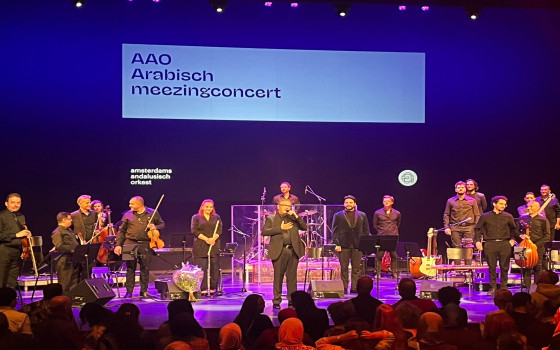


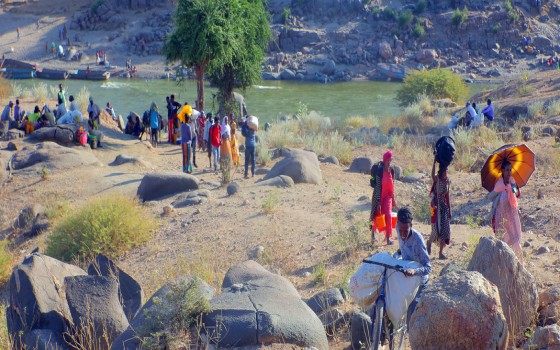

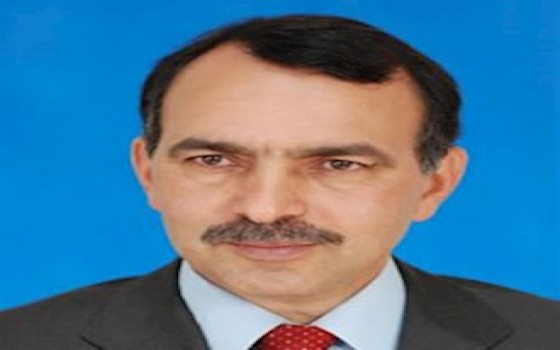
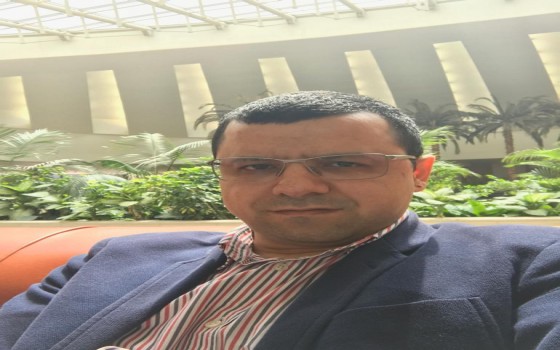

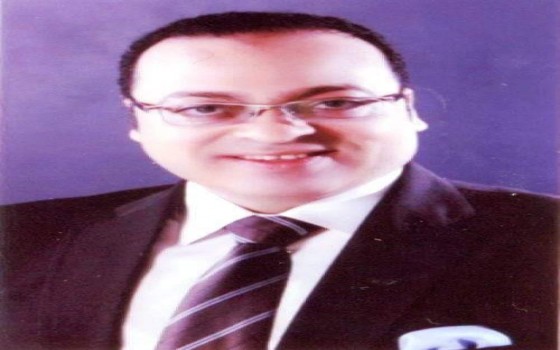

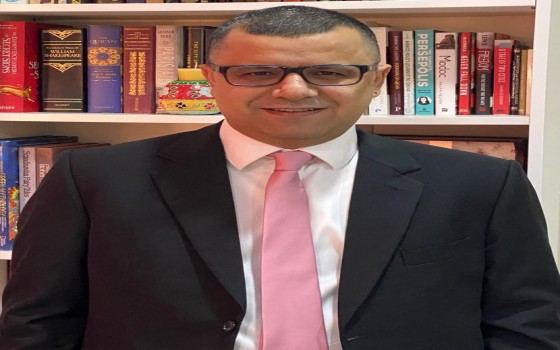
No Comments Found